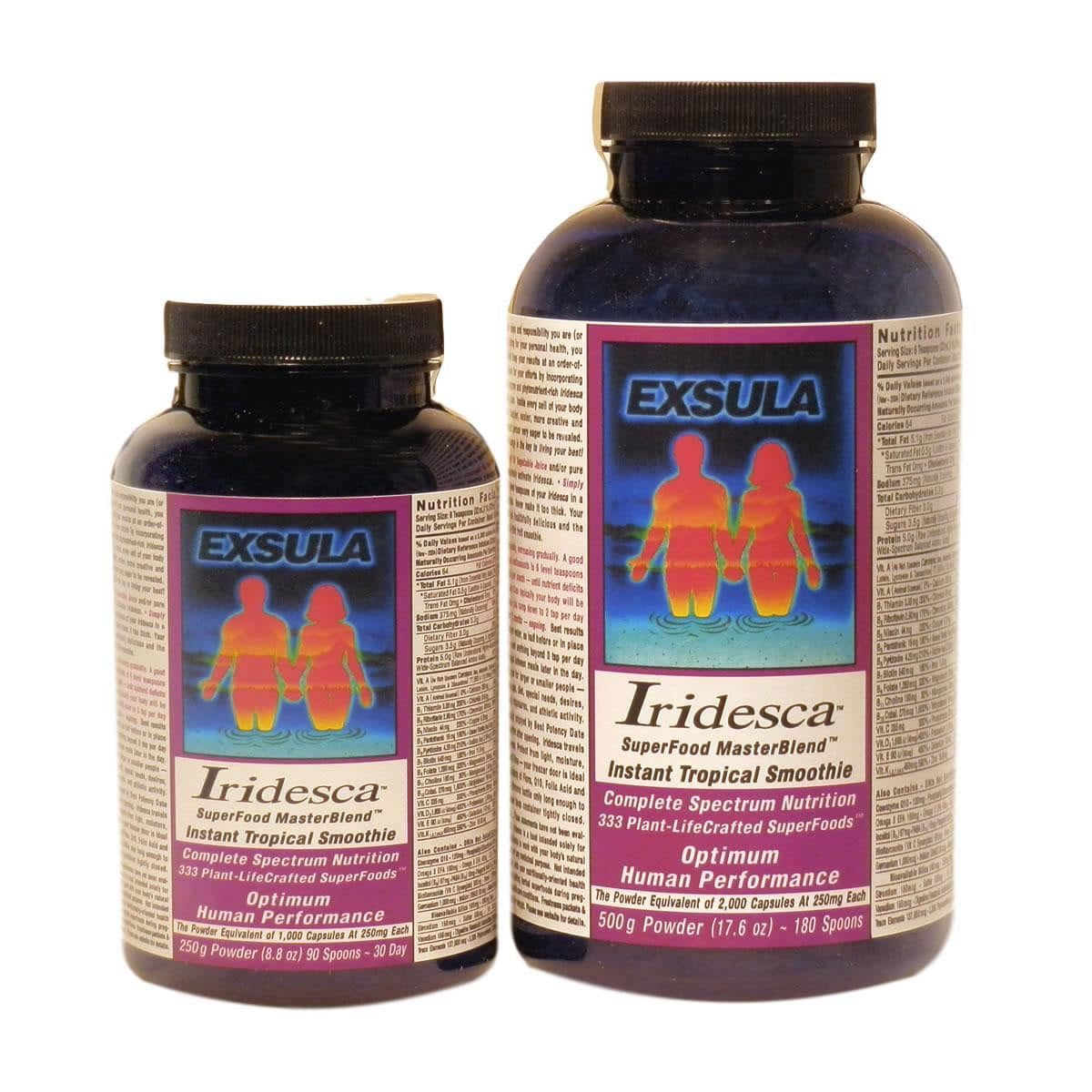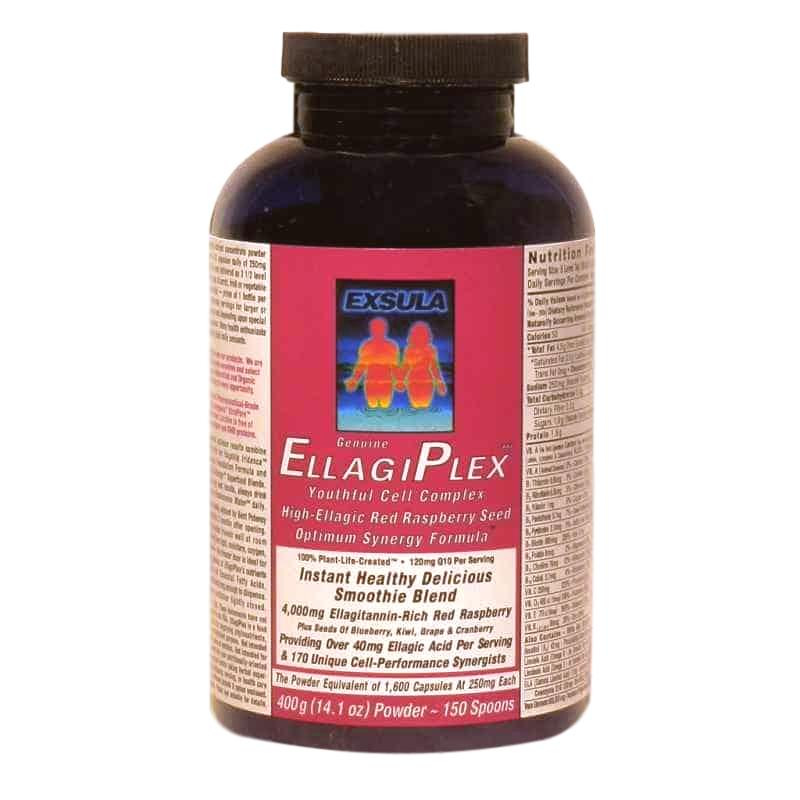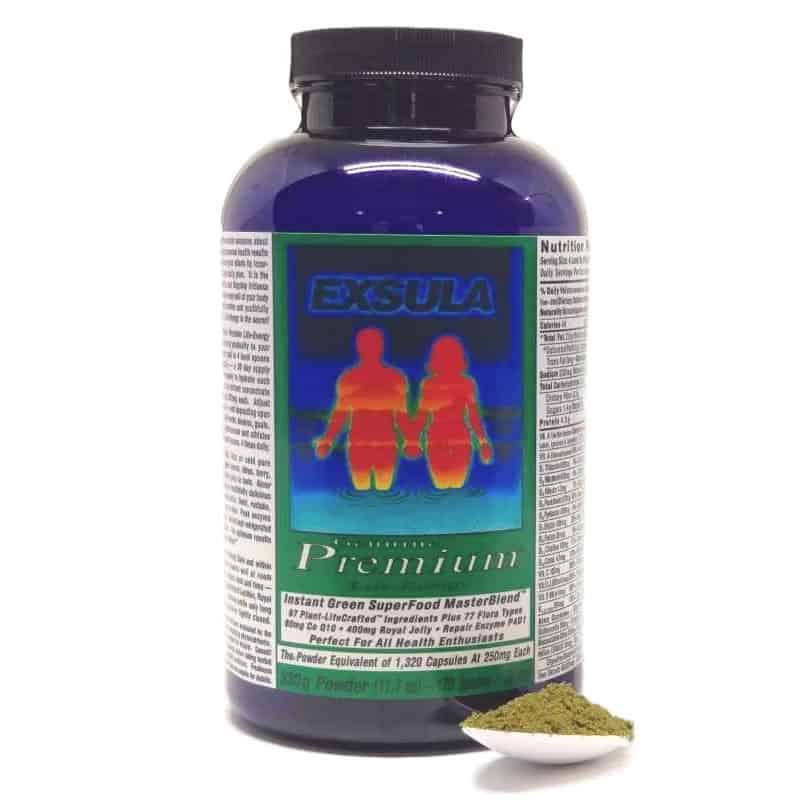No products in the cart.
Cruciferous Veggies for A Long Life
Why are the Japanese the longest-living people on earth?
Perhaps they do something that others do not? Of course, it is in the diet, most of the time. One of the sources of their longevity is a popular health food supplement. This wonderful whole food delivers critical nutrients your body needs for revitalization and renewal… despite your age or past health habits. This amazing Superfood has been documented to help with cholesterol levels, stiff joints, blood pressure levels, memory, weight gain and so much more! Even if you did not do so well in the past – ate fast foods, smoked cigarettes, did not exercise for years – start eating our Superfoods and you will stop getting sick and start getting comments like “What are you doing to look SO GOOD?”
“Rabbit food” is the familiar derogatory term commonly used by misinformed people who think eating salads is a waste of time. What would they call watercress salad? Donkey food? What your average meatloaf eaters don’t know is that watercress delivers loads of calcium, good amounts of vitamin C, folic acid, potassium, beta-carotene, and iron. But most importantly, watercress is one of the best sources of phenylethyl isothiocyanate (PEITC). This compound doesn’t quite have the common usage status, but it probably is the most valuable component of watercress and its cousins. The PEITC in watercress and other cruciferous vegetables is believed to inhibit the activation of an enzyme that’s necessary for cancer to thrive. Researchers at the Northern Ireland Center for Food and Health (University of Ulster) recently put watercress to the test with an intervention study.
- Sixty healthy adults with an average age of 33 were recruited
- Half of the subjects were cigarette smokers
- Subjects were given 85 grams of raw watercress to include in their regular diets each day
- Blood samples were taken before and after the eight-week trial period
Researchers measured several biomarkers related to cancer risk, including DNA damage to lymphocytes, activity of detoxifying enzymes, antioxidant levels, and lipid levels
Study results
- DNA damage to white blood cells dropped by more than 20 percent
- On average, levels of lutein (an antioxidant) increased by 100 percent
- On average, levels of beta-carotene (an antioxidant) increased by one third
- On average, levels of triglycerides dropped by 10 percent
These changes were most pronounced among smokers, whose antioxidant levels were much lower than nonsmokers at the outset of the study. Professor Ian Rowland – leader of the study – told the BBC: “Blood cell DNA damage is an indicator of whole-body cancer risk, and the results support the theory that consumption of watercress is linked to an overall reduced risk of cancer at various sites in the body.”
In the opening of the University of Ulster study, the authors state that cruciferous vegetable consumption has been associated with a reduced risk of several types of cancers. In 2006 a study conducted at Rutgers University examined the effect of cruciferous vegetables and curry on prostate cancer in mice. Researchers found that the combination of PEITC and curcumin (a known cancer-fighting component of curry) significantly reduced prostate tumor growth.
Fortunately, when you go shopping for cruciferous vegetables, there’s a long list to choose from:
- Broccoli
- Cauliflower
- Brussels sprouts
- Cabbage
- Kale
- Collard greens
- Kohlrabi
- Turnips
- Rutabaga
- Arugula
- Radish
- Horseradish
- Bok choy
- Wasabi
You will be pleased to know that we are including a meaningful amount of these highly beneficial naturally grown nutrients in our Exsula Superfoods, especially in Iridesca, EllagiPlex and Premium.







